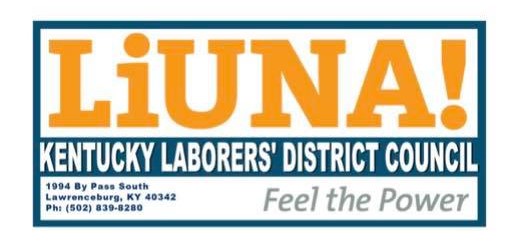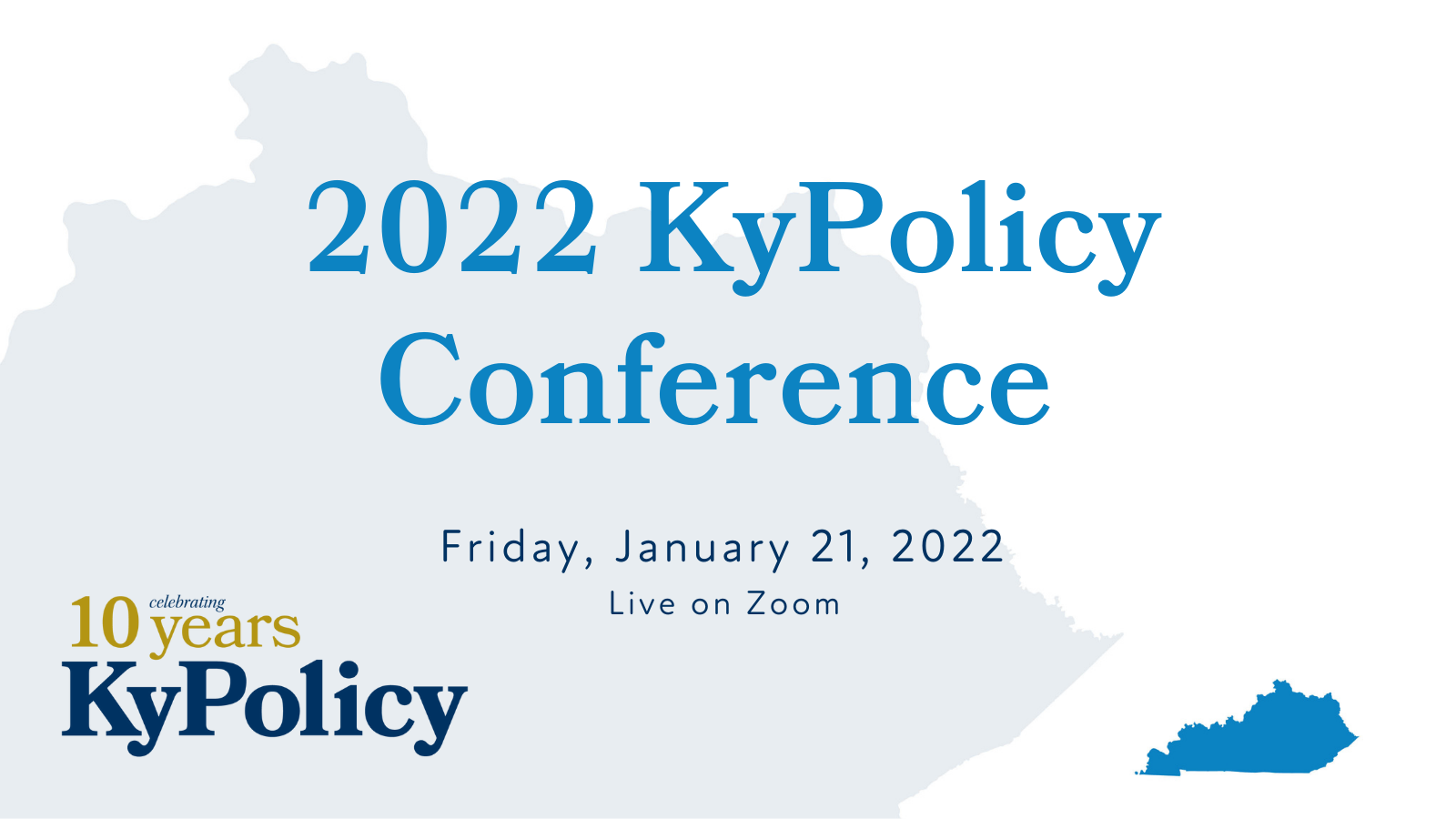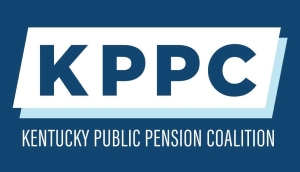Budget of the Commonwealth Preview
8:30 – 10:00 a.m. Plenary
Kentucky lawmakers have a historic opportunity to begin putting the state back on track for a brighter future this legislative session. Thanks to federal pandemic aid that helped keep Kentucky residents and businesses afloat, the state ended 2021 with a substantial revenue surplus, and currently expects another large surplus in the summer of 2022. That offers a tremendous opportunity to help Kentucky families who continue to struggle in the pandemic, begin reversing years of budget cuts, and create the conditions for a strong and sustained economic recovery that benefits everyone. This opening plenary will look at where we stand with revenue and current levels of investment in education, health, infrastructure and other public services in our communities, and the choices facing the General Assembly.
Presentations:
Click here to view the session video
Click here for Pam Thomas’ presentation
Click here for Ashley Spalding’s presentation
Click here for Jason Bailey’s presentation
Speakers

Jason Bailey is founder and Executive Director of the Kentucky Center for Economic Policy. Jason appears frequently in the media and is a regular speaker to civic organizations on the critical economic and fiscal issues facing the commonwealth. His public service includes appointments to the Governor’s Blue Ribbon Commission on Tax Reform and the Kentucky Teachers’ Retirement System Funding Work Group. He has a master’s in public administration with a specialization in public finance from New York University and a bachelor’s degree from Carson-Newman College.

Ashley Spalding is Research Director at the Kentucky Center for Economic Policy. She joined the staff in October 2011. Ashley has conducted research on social and economic policies affecting low-income families for over 15 years. Her doctoral and postdoctoral research projects at the University of South Florida focused on low-income housing and education, respectively. Ashley holds a PhD in Applied Anthropology from the University of South Florida, an MA in Anthropology from the University of South Carolina and a BA in English from Samford University. She was named one of the 2019 Notable Women in Kentucky Politics and Government by The Kentucky Gazette. Ashley is a Kentucky native.

Pam Thomas is Senior Fellow at the Kentucky Center for Economic Policy. She joined the staff in January 2017 after a long career in state government. Prior to joining KyPolicy, Pam was the Committee Staff Administrator for the Appropriations and Revenue Committee of the Kentucky General Assembly. Pam has extensive experience in the areas of tax policy, budgeting, education finance and workforce policy. Pam also spent some time with the state Justice Cabinet, with a focus on juvenile justice, policy development, budgeting and strategic planning. Pam has a law degree from the University of Kentucky, and a BS in business from St. Bonaventure University in New York. Pam lives in Midway with her husband and enjoys spending time with family, traveling and riding bicycles.
Care work is essential. Investing in it will benefit us all
10:15 – 11:45 a.m. Breakout session 1
Care work happens in child care centers, nursing homes, hospitals, schools and in Kentuckians’ homes. It is deeply significant to our economic well-being as individuals and on the whole, and to our physical, mental and emotional well-being. Yet the Kentuckians who work in the care sector are often undervalued and underpaid, if they are paid at all. It’s no coincidence that care sector workers also tend to be women, especially women of color: Systemic undervaluing of care work drives race and gender wage gaps. This session will explore the state and federal policy solutions that are needed to modernize the care economy by improving wages, training and benefits, and to provide support for unpaid caregivers through the Child Tax Credit and paid sick and family leave.
Presentations
Click here to view the session video
Click here for Marokey Sawo’s presentation
Speakers

Julie Kashen is a senior fellow and director for women’s economic justice at The Century Foundation, with expertise in work and family, caregiving, economic mobility, and labor. Kashen has more than two decades of experience forwarding these issues in federal and state government and through the nonprofit sector, including helping to draft three major pieces of national legislation. As a labor policy advisor to the late Senator Edward M. Kennedy (D-MA), she helped draft and build momentum for the first paid sick days bill in Congress, the Healthy Families Act. As policy director of the three-year Make It Work campaign, she drafted a visionary child care proposal, whose principles were incorporated into the Child Care for Working Families Act. And as a senior advisor to the National Domestic Workers Alliance, she led the work to create and introduce the first ever national Domestic Workers Bill of Rights. In addition, as deputy director of policy for Senator Jon Corzine (D-NJ), she helped New Jersey become the second state in the nation to adopt paid family and medical leave. She is an active member of many child care, paid leave, and equal pay coalitions and tables. Kashen has been affiliated with The Century Foundation since 2015, and is excited to expand her role in 2020. Kashen holds a master’s in public policy from Harvard University’s Kennedy School of Government and a bachelor’s with highest honors in political science from the University of Michigan. She was an adjunct lecturer on work and family issues and poverty in the United States at Rutgers, the state university of New Jersey.

Dustin Pugel is a Senior Policy Analyst at the Kentucky Center for Economic Policy where he focuses on health policy and safety net programs. He joined the staff in 2015. Dustin previously worked for BUILD in Lexington, Kentucky where he trained congregations to identify, research and advocate for policy solutions on a local level. He also spent two years providing policy research assistance for the Commonwealth Council on Developmental Disabilities. He has a BA in History from Asbury University and a master’s in public administration from the University of Kentucky.

Marokey Sawo joined EPI’s Economic Analysis and Research Network (EARN) team as an economic analyst in 2021. She focuses on EARN-related research that is simultaneously informed by and seeks to address racial and gender disparities. Sawo was most recently a researcher at the Groundwork Collaborative, where she worked on a variety of economic and data analysis projects. She primarily focused on the economics of anti-austerity at the federal level as well as varying unemployment insurance issues and broader labor market conditions. Sawo previously worked at Futures and Options, a New York-based non-profit, under several roles. As a project manager, she spearheaded an organization-wide project to build a robust new Salesforce CRM database and develop processes to increase efficiency and capacity. As a data associate, she worked closely with the program director to audit existing data evaluation systems to better capture the organization’s impact in providing internship and career-readiness opportunities for New York City youth.
Reversing harmful policies from the War on Drugs
10:15 – 11:45 a.m. Breakout session 1
The War on Drugs, launched publicly in 1971, dramatically changed the landscape in criminal justice, contributed to the largest increase in policing and incarceration in U.S. history, and helped make the country the world’s incarceration capital. The harmful legacy of the War on Drugs continues today, where Kentuckians are often locked up for drugs – especially in low-income communities, communities of color and rural areas – while policies to support people battling substance abuse are inadequate. In this session, you will hear about the history and legacy of the War on Drugs and how it has increased punishment and incarceration in Kentucky, as well as what policy opportunities the General Assembly has to reverse punitive drug policies and support communities.
Presentations:
Click here to view the session video
Click here for Jennifer Hancock’s presentation
Click here for Carmen Mitchell’s presentation
Click here for Scott West’s presentation
Speakers
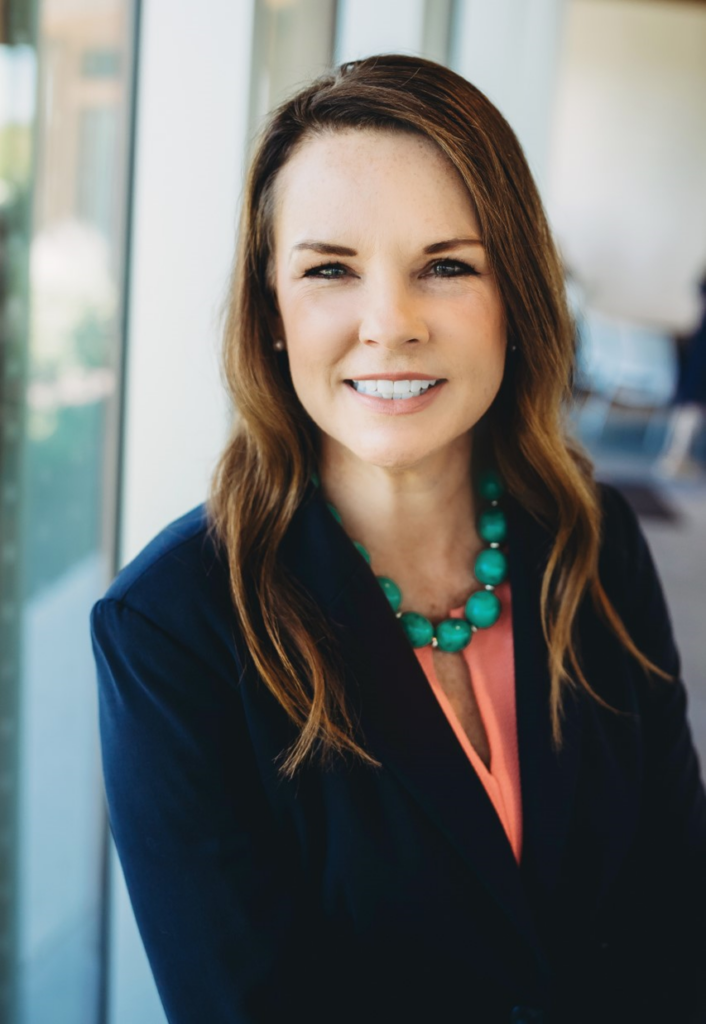
Jennifer Hancock is the President and CEO of Volunteers of America of Mid-States. Jennifer earned her bachelor’s and master’s degrees in social work from the University of Kentucky, where she began a career dedicated to social justice and community building. Jennifer has served in many capacities during her more than 20 years of professional leadership in the nonprofit sector and in her 14 years advancing the mission of VOA. Under her leadership, VOA has become a nationally recognized expert in providing family-focused and results-oriented solutions for the opioid and addiction crisis.
Working closely with a wide range of elected officials and community partners, the organization has earned consistent recognition for providing best practice care in more than 40 programs in four states. The diverse services VOA provides include veterans, housing and homelessness, HIV awareness and testing, comprehensive care for adults with intellectual and developmental disabilities and a Restorative Justice program that helps to keep youth out of the criminal justice system. In her time as President and CEO, Jennifer has guided VOA through a period of extensive growth, more than doubling its capacity to serve women overcoming substance use disorder and their children through the nationally recognized Freedom House program.
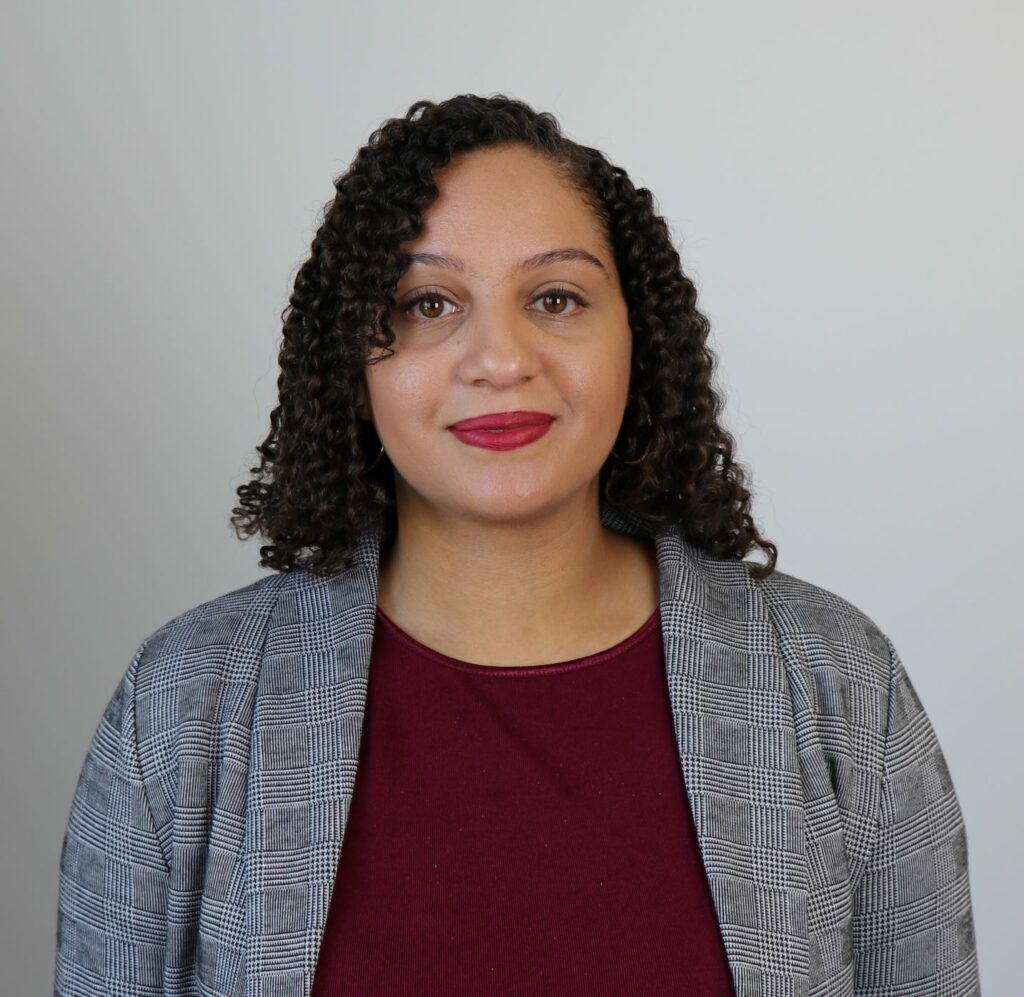
Carmen Mitchell is a policy analyst at the Kentucky Center for Economic Policy where she focuses on criminal justice. She joined the staff in 2020. Prior to joining KyPolicy, Carmen worked in non-profit development and in community health research. Carmen is also a doctoral candidate in health policy at the University of Louisville, where she also completed her Master’s in Public Health and BA in Psychology and Middle East Studies. In her free time she enjoys baking and birdwatching.

B. Scott West is Deputy Public Advocate for the Kentucky Department of Public Advocacy in Frankfort, Kentucky; prior to that, Scott was General Counsel for the agency for six years. Scott has also served as the Bluegrass Regional Manager in the Richmond, Kentucky Field Office, the Directing Attorney for Murray, Kentucky Field Office, and a staff attorney in the Hazard, Kentucky Field Office. He is a graduate of the University of Kentucky Law School (1988), and Vanderbilt University (1985). He is the editor of the Kentucky Pretrial Release Manual, published in July, 2013 and leads the agency’s efforts in pretrial release advocacy. Currently, he is a member of the Kentucky Bar Association’s (KBA) Ethics Committee, and is Co-Chair of the Education Committee of the Kentucky Association of Criminal Defense Lawyers (KACDL). He is a past Chair and current member of the KBA Criminal Law Section. In 2017, he received the KBA Thomas B. Spain CLE Award for presenting the Criminal Law Update in several Kentucky Law Update seminars and in 2015 he received the Bruce K. Davis Bar Service Award for representing the KBA against the United States in the Kentucky Supreme Court. He received KACDL’s Frank E. Haddad, Jr. Award in 2014, DPA’s Gideon Award in 2011, and the Texaco General Counsel’s Litigation Award in 1993. Scott lives in Richmond, and is married to Beverley, a social worker. His daughter Hannah teaches high school English in Bowling Green.
How to win against austerity and invest in prosperity
12:30 – 2:00 p.m. Breakout session 2
Austerity policies in Kentucky have severely reduced public investments in our schools, child care, mental health services, infrastructure and more. This deeply anti-tax movement gives tax breaks to the wealthy and those at the top – who continue to grow richer at a time of growing inequality – while undermining critical investments in communities, with a disproportionate impact on families in economically distressed areas of the state, Kentuckians of color and others facing barriers to affording private alternatives to public services. But Kentucky has a historic opportunity to begin reinvesting in shared prosperity. In this session, you’ll hear about the history of austerity in Kentucky and the opportunity presented by recent budget surpluses, what the data and research actually say about how to strengthen our economy, and messaging guidance on how to win minds and hearts for reinvesting in Kentucky’s future in the 2022 General Assembly.
Presentations
Click here to view the session video
Click here for Pam Thomas’ presentation
Click here for Remy Trupin’s presentation
Click here for the Topos Narrative Guide
Click here for Whitney Tucker’s presentation
Speakers

Anna Baumann is Deputy Director at the Kentucky Center for Economic Policy. In addition to promoting organizational development and leading communications, she conducts research on immigration, fiscal policy and the economy. She joined the staff in February 2013. Previously, Anna worked in the Episcopal Church and in non-profit organizations. She and her family are small business owners of Lazy Eight Stock Farm in Paint Lick. Anna has a master’s in Development Studies from the University of KwaZulu-Natal in Durban, South Africa and a bachelor’s in English from Berry College in Rome, Georgia.

Pam Thomas is Senior Fellow at the Kentucky Center for Economic Policy. She joined the staff in January 2017 after a long career in state government. Prior to joining KyPolicy, Pam was the Committee Staff Administrator for the Appropriations and Revenue Committee of the Kentucky General Assembly. Pam has extensive experience in the areas of tax policy, budgeting, education finance and workforce policy. Pam also spent some time with the state Justice Cabinet, with a focus on juvenile justice, policy development, budgeting and strategic planning. Pam has a law degree from the University of Kentucky, and a BS in business from St. Bonaventure University in New York. Pam lives in Midway with her husband and enjoys spending time with family, traveling and riding bicycles.

Remy Trupin is a creative, strategic and entrepreneurial leader with extensive policy advocacy experience. Remy was the founding executive director of the Washington State Budget & Policy Center, an organization which he led and grew into a national model. He brings strategic insight from working with organizations and coalitions developing and implementing legislative advocacy, communication and ballot campaigns. Remy volunteers board leadership and strategic advice to social service, civic and human rights organizations and is an American Marshall Memorial Fellow.

Whitney Tucker is Deputy Director of Research at the Center on Budget and Policy Priorities. Whitney leads a team of analysts in the Center’s State Fiscal Policy division and conducts research on a range of state tax and budget policies to determine trends, impacts, and opportunities to enhance racial and economic justice. Prior to joining the Center in 2021, Whitney spent nearly a decade advancing anti-poverty policy in state-level child advocacy organizations. She most recently worked as Policy Director at NC Child, where she led the organization’s legislative strategy and conducted policy research with a special focus on family economic security measures. Her background includes analysis and advocacy on a variety of policy topics, from child care affordability and Medicaid access to state earned income tax credits and enumeration in the U.S. decennial census. Whitney holds a B.A. in Public Policy from Vanderbilt University and an M.P.H. in Health Services Policy from the University of South Carolina.
Reinforcing transformative safety net improvements in Kentucky
12:30 – 2:00 p.m. Breakout session 2
Despite the historic and devastating levels of job loss and the economic downturn caused by the pandemic, new relief programs and changes to make existing programs more accessible have helped Kentuckians put food on the table, get to the doctor and pay bills. With these programs’ proven impact in reducing hardship and poverty, Kentucky should prioritize expanding access to safety net programs. This panel will discuss how public assistance has helped Kentuckians during the pandemic, why we should continue to improve, fund and avoid weakening those programs, and what Kentucky needs to do to make improvements to the safety net permanent.
Presentations:
Click here to view the session video
Click here for Joseph Llobrera’s presentation
Click here for Kate McDonald’s presentation
Click here for Dustin Pugel’s presentation
Speakers

Jessica Klein joined the staff in September 2019 and focuses on policy issues related to health, food and nutrition. Jessica previously worked on policy and innovation initiatives related to food systems and built environment for the Center for Health Equity in the Louisville Metro Department of Public Health and Wellness. She has a Master’s in Public Health from New York University and a BA in Psychology and Art from Bellarmine University. In her free time, Jessica enjoys biking around her neighborhood and visiting art galleries.

Joseph Llobrera is the Director of Research for the Food Assistance team. As a research associate at the Center between 2002 and 2007, Llobrera supported the Food Assistance, State Fiscal, and Housing Policy teams. Before returning to the Center, he served as an Associate Director of Learning and Improvement at Insight Policy Research, providing technical assistance and training to federal, state, and local human service agencies that administer the Supplemental Nutrition Assistance Program and the Temporary Assistance for Needy Families program. He also worked as a researcher at IMPAQ International and the Urban Institute, focusing on food assistance policy, workforce development, and health policy. Llobrera holds a Ph.D. in Nutrition from the Friedman School of Nutrition Science and Policy at Tufts University, a master’s degree in Geography from the University of Washington (Seattle), and a bachelor’s degree in Mathematics and Urban Studies from Brown University.

Kate McDonald is the No Kid Hungry Kentucky Campaign Director for Feeding Kentucky. She works to enhance food security for Kentucky’s youngest citizens through statewide food security initiatives that improve, promote, and expand Kentucky’s participation in federal nutrition programs.

Dustin Pugel is a Senior Policy Analyst at the Kentucky Center for Economic Policy where he focuses on health policy and safety net programs. He joined the staff in 2015. Dustin previously worked for BUILD in Lexington, Kentucky where he trained congregations to identify, research and advocate for policy solutions on a local level. He also spent two years providing policy research assistance for the Commonwealth Council on Developmental Disabilities. He has a BA in History from Asbury University and a master’s in public administration from the University of Kentucky.
Keynote – Annie Lowrey
2:15 – 3:45 p.m.

Annie Lowrey has spent her career covering economic policy and its impact on businesses. She has an incredible grasp on the interrelationships among technological innovation, the labor force, specific industries, and the health of the economy. Currently a contributor for The Atlantic, Lowrey previously covered economic policy for both The New York Times and Slate. She served on the editorial staff of Foreign Policy, The Washington Independent, and The New Yorker and graduated from Harvard University. Her first book, Give People Money, is a sparkling investigation on Universal Basic Income as the answer to the economic and social problems of our digital age. A lively interpreter of global business and the future of work, Lowrey shows us how sweeping policy changes can solve intractable economic, technological, and social problems.
We thank these partners for their generous sponsorship of the 2022 KyPolicy Conference!
